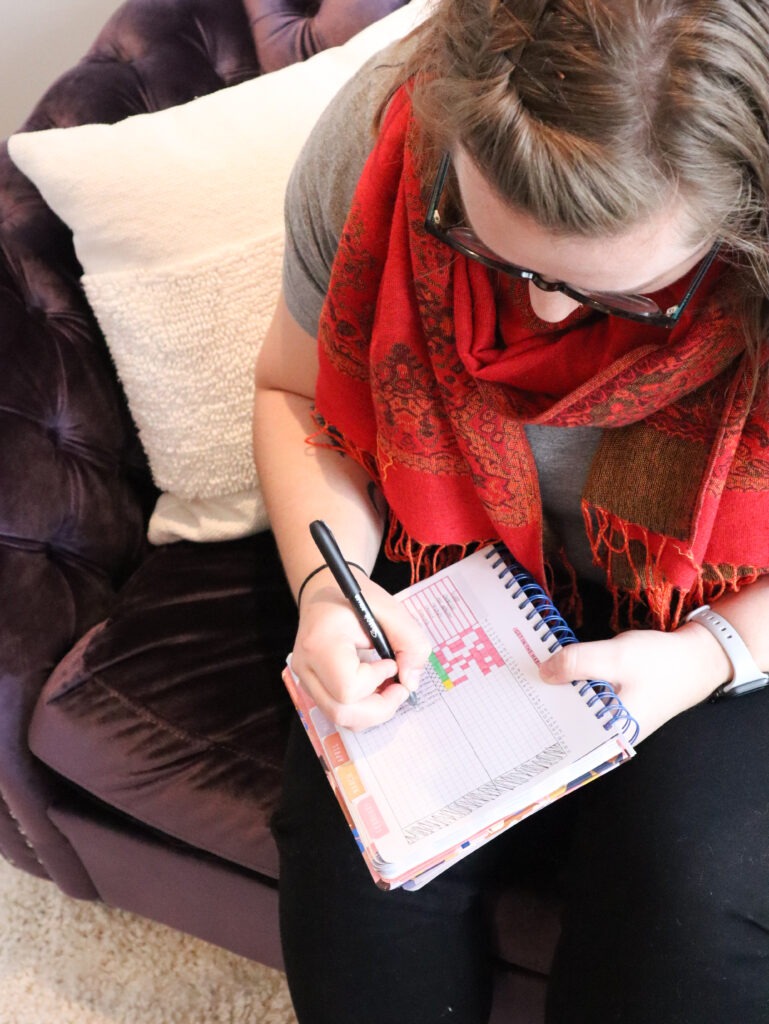By Olivia McCord
Youth. Violence. Prevention. These are some pretty big words, especially if you have had first-hand experience with the threatening behavior of a teen or young adult that you know and love. Bullying, fighting, and threatening are the most common forms of youth violence and can occur online, in person, or through other means of contact. Here we offer some guidance if you or someone you know is experiencing difficulty with a teen or young adult.
Anger and Aggression
First, it is important to differentiate between anger and aggression since it is okay to be angry, but it is not okay to become aggressive. Anger is a normal, natural reaction to something that is bothersome…we have all experienced anger at some point. However, aggression that creates an unsafe situation should not be tolerated and does not have to be the next step in anger-inducing circumstances.
To navigate anger, here are some tips to consider in order to minimize the potential for aggression:
- Stick up for yourself, but do so respectfully.
- Ask for breaks when situations get too heated, and take those breaks apart from each other.
- Begin problem-solving. Focusing on the solution can make the problem feel less powerful. Think of the pros and cons of each solution.
- Rely on coping skills that are healthy such as exercise, creative activities, reading, etc.
- Honesty (including being honest about our feelings) is extremely important, even if the truth doesn’t seem so great at the time.
- Learn to control impulses. Aggression is almost always impulsive, so using tools pertaining to impulse can minimize unsafe situations.

A simple impulse control strategy that can be adopted into any household is slowing down when talking or taking a deep breath before responding. Openly discuss alternative behaviors in situations. Having a plan in place versus being reactionary can save a lot of trouble in the long run. Another impulse control strategy that can be done is practicing stress reduction techniques, such as a good sleep schedule, practicing breathing exercises, or journaling.
How Parents or Other Supportive Adults Can Help
Understand that troubling behaviors are common in the youth population: Teenagers’ brains are developing, which can cause them to process the information they are taking in differently than adults do. The frontal cortex of the brain, which is used to manage emotions, provide decision-making skills, control inhibition capabilities, and provide reasoning is not fully mature until a person’s late 20s, (Robinson & Segal, 2023.) It is important to monitor how often the behavior occurs, the environments it occurs in, the functioning it is affecting, and the intensity of the behavior to determine if it is a “normal” behavior.
Common signs of concerning behaviors include the following:
- Changes in outward appearance: rapid weight change, self-injury, abrupt changes in peer group
- Changes in behaviors: violence, fighting, skipping school, failing grades, habitual alcohol or drug use
- Changes in emotional health: anxiety, depression, suicidality
Teach emotional intelligence skills and conflict resolution skills: Listen to your teen and respond appropriately. Emotional intelligence begins by learning to recognize and manage emotions, which can be done through self-awareness. Active listening can be done easily, and doing so will provide a safe space for open communication. Conflict resolution skills to teach can include learning when to take a break, being specific about what is bothering you, and learning how to remain calm. It is important to recognize a balance between validating your teen’s feelings and disciplining them for their troubling behaviors. Teach your teenager that saying “no” is necessary sometimes and can be a complete answer.
Seek professional help if you feel like your teen can use more support: Troubling behaviors can be signs of mental illnesses such as anxiety and depression. Discipline such as grounding can only do so much when addressing troubling behaviors. Talk with your teenager about rules, boundaries, and consequences. It is also important for the family to have rules for “fair fighting” where there is no violence, name-calling, threats, etc. It is best to find common ground with your teenager, listen without giving advice, and expect some form of rejection. Just because your teen is struggling with troubling behaviors does not mean that you have failed as a parent; the focus should be shifted to the needs of your teenager.

How Teens Can Help Themselves
Resist peer pressure: This is not as easy as we all wish it to be! Some helpful ways to fight peer pressure include confidently and assertively saying “no.” Another helpful way to fight peer pressure is using humor to deflect attention away from the situation. The final way to fight peer pressure is avoiding certain situations or people that make you feel pressured to do something you might not think is a good idea. Think about the life you want to lead and take steps to protect this goal. It is important to always remember that you can go to a trusted adult if you need more support.
Stand up to bullying: There are many ways to stand up to a bully, but not all are appropriate. One way to stand up to a bully is to ignore them and not give them the satisfaction. If you have an emotional response to a bully, they are more likely to bully you again. Another way to stand up to a bully is to tell them to stop and work towards de-escalating the problem. The final way to stand up to a bully is to report them so that the bullying does not escalate into something more.
We’ve included a list of other resources that may be helpful in supporting a teen or young adult that is exhibiting aggressive behaviors. We are also always here to help, so schedule an appointment if needed.
Resources:
- Preventing Youth Violence (CDC)
- Teach Your Child How to Deal with a Bully (Verywell Family)
- Impulse Control: 5 Ways to Help Your Teen Succeed (Life Skills Advocate)
- Teaching Conflict Resolution Skills to Youth (Middle Earth NJ)
- Teaching Emotional Intelligence to Teens and Students (Positive Psychology)
- 8 Ways to Teach Teens Anger Management Skills (Verywell Family)
- Help for Parents of Troubled Teens (Help Guide)
- How to Handle Peer Pressure (Santa Cruz Counseling and Psychological Services)





